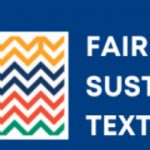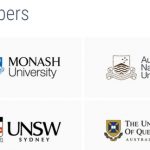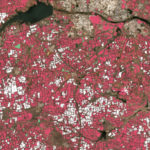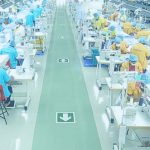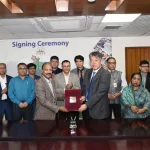Micro-, small and medium enterprises (MSMEs) are among the worst hit financially by the COVID-19 pandemic. They represent over 90 percent of all companies in most countries in the United Nations Economic Commission for Europe (UNECE) region and are responsible for over half of GDP. Therefore, the economic recovery depends to a large extent on the ability of MSMEs to survive the crisis and improve their viability. From the sustainability perspective, this is crucial for MSMEs that deliver energy efficient products and services and provide renewable energy equipment. If successful, they may become a driving force in the “green” recovery post-COVID-19 crisis.
In response, UNECE is implementing UN Development Account project “Global Initiative towards post-Covid-19 resurgence of the MSME sector” jointly with other partners from the UN system. The overall goal of the project is to strengthen the capacity and resilience of MSMEs in developing countries and economies in transition to mitigate the economic and social impact of the global COVID-19 crisis. As part of its contribution to the project, UNECE has developed Guidelines and Best Practices for MSMEs in delivering energy efficient products and in providing renewable energy equipment.
The study contains an analysis of the environment the clean energy MSMEs face as a result of the COVID-19 crisis. It presents examples of best practices in the energy efficiency sector and in the area of renewable energy relevant for MSMEs’ crisis response and recovery, as well as case studies on practical measures to help MSMEs access markets, financing, and advanced technologies.
One such example is Modvion, a company based in Gothenburg, Sweden, developing modular designs in renewable engineered wood products to simplify and improve construction logistics. The company’s current focus is on wind turbine towers made out of wood, where a patented module system offers reduced manufacturing costs and more efficient transportation of high towers to installation sites. The COVID-19 crisis has impacted and delayed certain development and implementation projects, and logistics disruptions have hampered the procurement of material. However, the company has secured a EUR 6.5 million investment from the European Investment Bank (EIB) through the EIC Accelerator Programme, enabling the company to erect its first wooden wind tower outside Gothenburg on 28 April 2020. The European Commission highlighted the contribution that Modvion’s technology can make to the post-COVID recovery.
The study also provides recommendations to Governments for developing policy guidelines and establishing financial incentive schemes. Among these recommendations are clear guidance for companies on the available support at the local and national levels; use of public procurement procedures for targeted support of MSMEs; support through grants and low- or no-interest loans to the MSMEs working on low carbon technologies in the clean energy sector to facilitate green economic recovery; support of employee development programmes (e.g., for digitalization); and temporary tax breaks and tax waivers.
The Russian version of the Guidelines will be available in September 2020. Online training workshops based on the study will be organized later this year.
The guidance will also be customized for pilot implementation in Georgia and North Macedonia.

